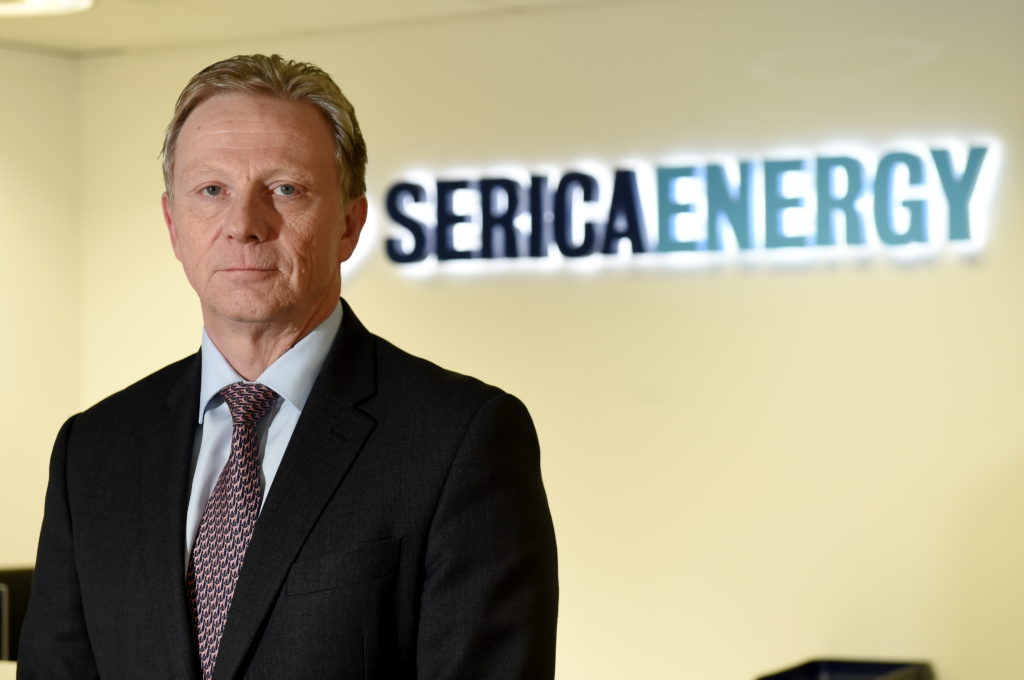
Serica Energy’s chief executive says the decision not to outlaw new North Sea exploration licences was “very important” in helping the industry “step back from the cliff edge”.
However, Mitch Flegg added that, as the London-listed firm is not an “out and out exploration company”, it wouldn’t have been “totally floored” by the discussed changes to licensing rules.
There were recent suggestions that UK Government could call time on new oil and gas exploration as part of efforts to encourage the sector to move away from fossil fuels.
Much to the relief of industry, Westminster subsequently confirmed, on the same day the North Sea Transition Deal was announced, that a ban isn’t on the cards at this time.
Future licensing rounds will be subject to greater environmental scrutiny, however, to ensure they don’t threaten the UK’s climate goals.
Mr Flegg said: “We’re not an out and out exploration company. It was welcome news but it is not as if that is Serica’s lifeblood and we would have been totally floored without it.
“With my industry hat on, it was very important that we took a step back from the cliff edge. The industry needs exploration and as an infrastructure owner with interests in platforms and processing equipment, we would welcome more discoveries in the North Sea.”
Serica published its 2020 full year results on Thursday in which it posted pre-tax profits of £12.5 million, bucking the general trend for the industry.
The decrease on 2019’s figure of £108.8m, was blamed on low commodity prices and the deterioration of a caisson at its Bruce platform that led to a 45-day shutdown.
The incident, as well as “other field maintenance work”, also impacted average net production, which was 23,800 barrels of oil equivalent (boe) per day in 2020, down from 30,000 boe per day in 2019.
Serica’s sales revenue last year was £125m, a drop of around half on 2019’s takings.
In July, the London-listed firm paid out its maiden dividend of 3 pence per share, totalling £8m. That will increase to 3.5p per share for 2021, subject to shareholder approval.
Mr Flegg said being debt free and having a “really strong balance sheet” meant Serica was able to “ride out the storms of 2020” better than its peers.
Being free from debt repayments will also be “very important”, with the firm targeting further mergers and acquisitions (M&A) over the next year.
Mr Flegg said: “We want to add more value to our existing portfolio but, more importantly, we want to grow the portfolio as well. We’re very keen on M&A opportunities in order to do this and a huge amount of our time is spent looking for new chances to grow.
“We’ve seen publicly there have been a number of deals that have been agreed and have fallen through because the buyer hasn’t been able to put together the financing package.
“We’re quite proud that when we’ve entered into any transaction in the past, whatever we’ve said we’d do, we’ve done.”
Recommended for you

